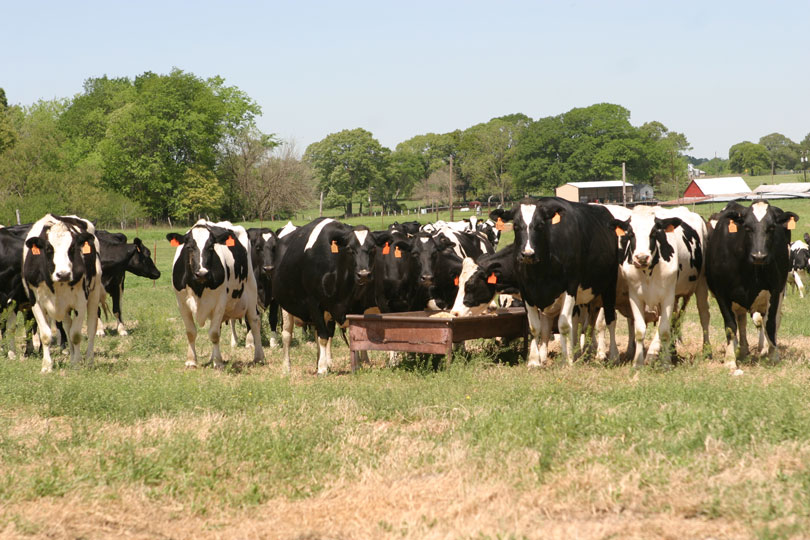Texas Animal Health Commission (TAHC) officials confirmed cattle tuberculosis (TB) in one Texas Panhandle dairy located in Sherman County. As a part of the ongoing epidemiological investigation, TAHC confirmed TB in an associated Dallam County calf-raising operation.
The TB-affected facilities are under quarantine or hold and will remain so until they meet all requirements for release through testing and removal of infected animals. The epidemiological investigations of both facilities continues.
Dairy, calf-raising and dairy heifer-raising operations in Texas and other states with epidemiological links to the infected herd will continue to be tested to determine the possible origin or potential spread of the disease.
“TAHC is working closely with the dairy involved, United States Department of Agriculture (USDA), the Texas dairy industry and other states to ensure the disease is quickly contained, and the affected dairies can return to normal business practices as soon as possible,” Dr. Andy Schwartz, state veterinarian, said. “Texas’ current TB-free status is not expected to be affected by the new cases.”
Cattle TB is a chronic debilitating respiratory disease whose symptoms can include progressive weight loss, chronic cough and general loss of condition. Like many other diseases, TB transmission is facilitated when animals are concentrated or held in close confinement. Infected animals normally spread TB bacteria to their herd mates by expelling infective droplets into the air which are inhaled or may contaminate feed.
A variety of other species are susceptible to TB, including elk, deer, bison, goats, swine, cats and humans. Sheep and horses are rarely affected. Although TB can affect humans, pasteurization of milk removes any risk of transmission, and meat from infected animals does not enter the food chain.
TB has a long incubation period (months to years) and was once the most prevalent infectious disease of cattle and swine in the United States. Cattle TB caused more losses among U.S. farm animals in the early part of this century than all other infectious diseases combined. Through a cooperative state-federal program, cattle TB has been nearly eradicated from livestock in the US.
In 2000, Texas earned USDA TB accredited-free status. In 2002, however, that status was temporarily revoked when two infected cattle herds were detected. After extensive testing, Texas regained its TB-free status from USDA in October 2006.

